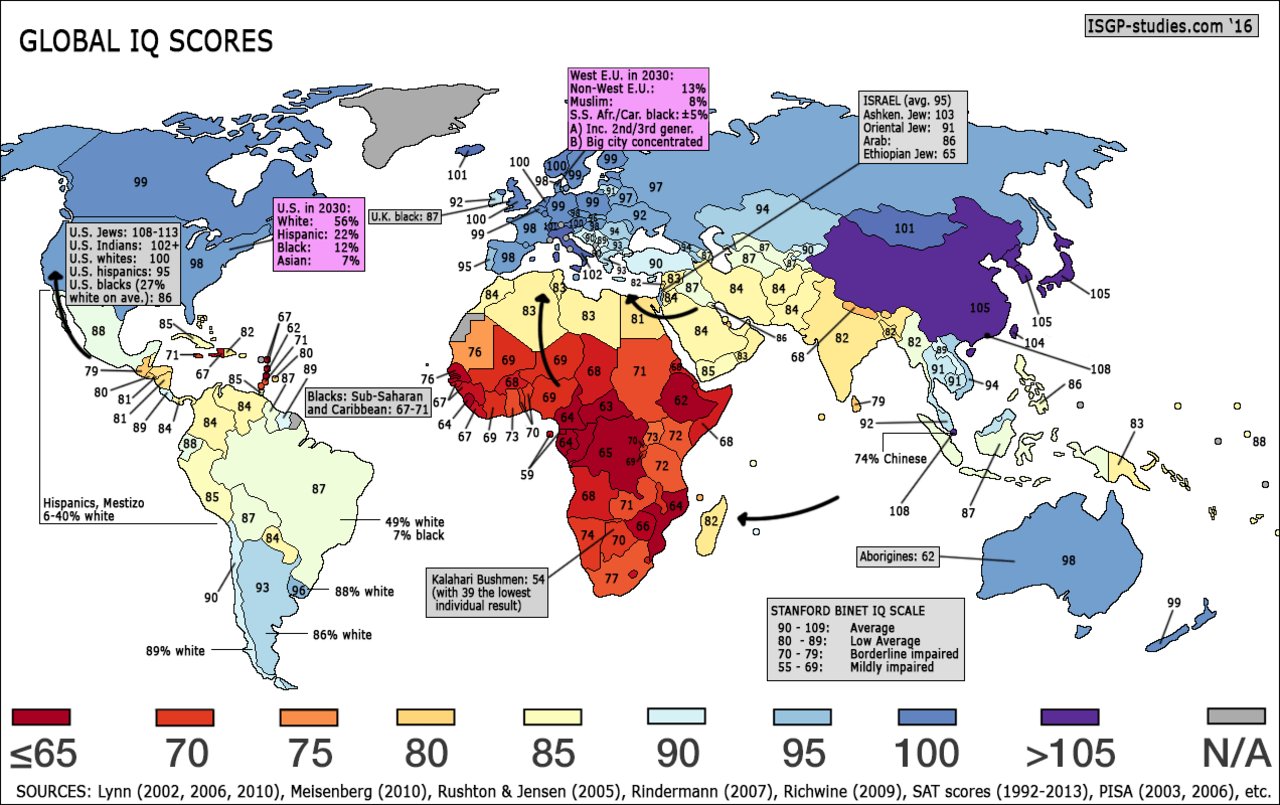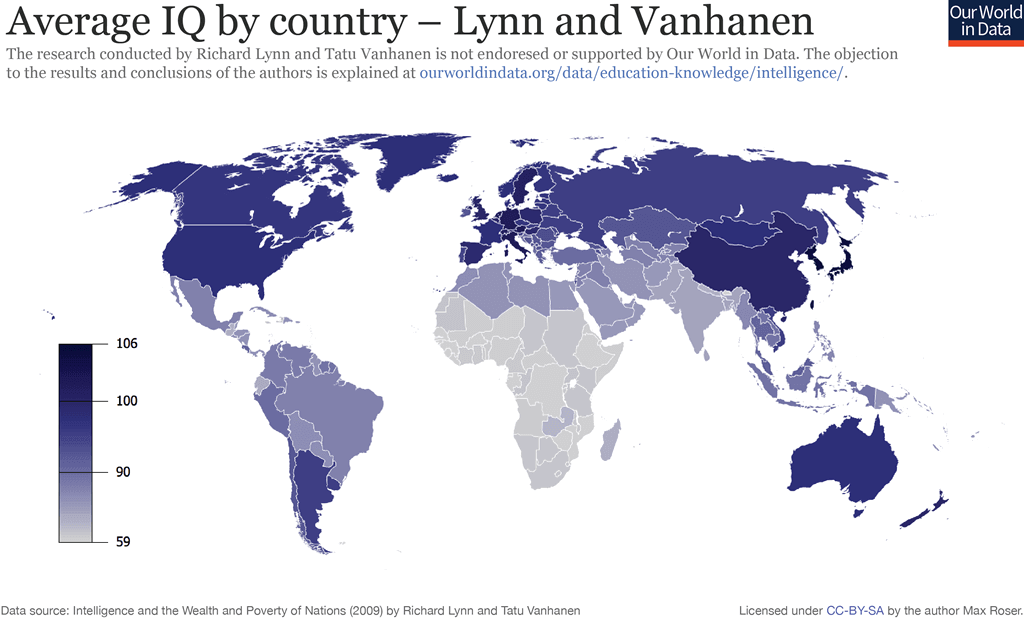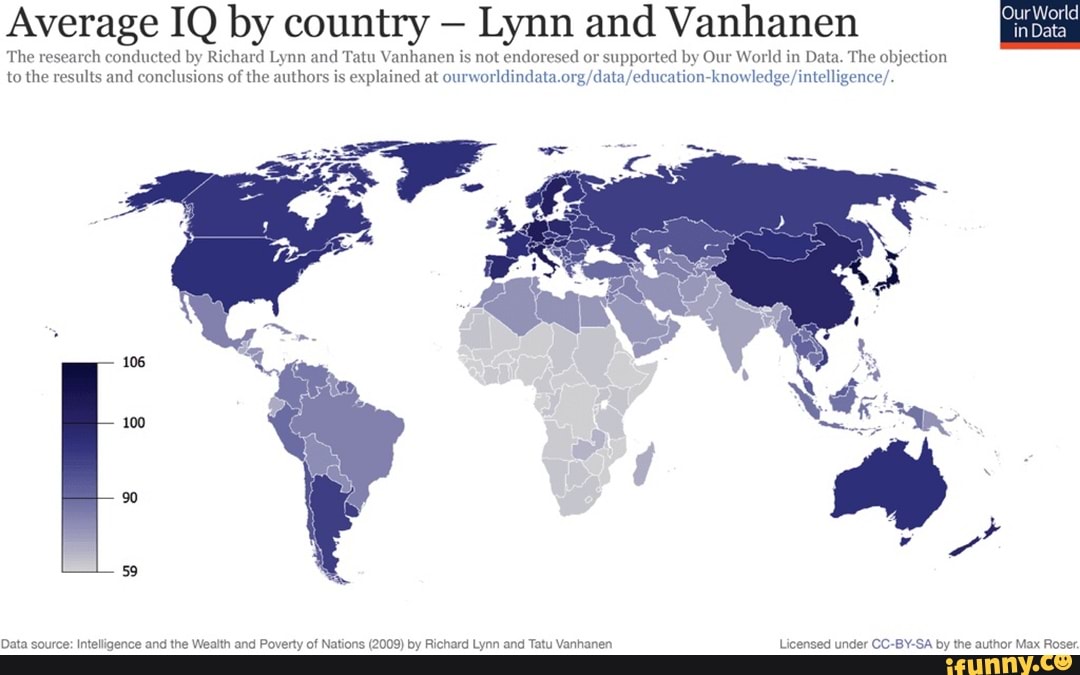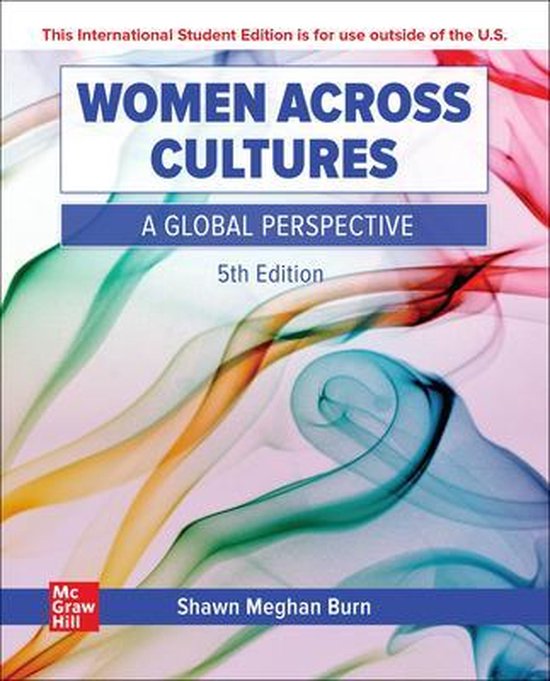A World Perspective On IQ: Charting Intelligence Throughout Cultures And Continents
A World Perspective on IQ: Charting Intelligence Throughout Cultures and Continents
Associated Articles: A World Perspective on IQ: Charting Intelligence Throughout Cultures and Continents
Introduction
On this auspicious event, we’re delighted to delve into the intriguing subject associated to A World Perspective on IQ: Charting Intelligence Throughout Cultures and Continents. Let’s weave attention-grabbing info and supply recent views to the readers.
Desk of Content material
A World Perspective on IQ: Charting Intelligence Throughout Cultures and Continents

The idea of intelligence quotient (IQ) has been a topic of intense debate and scrutiny since its inception. Whereas its limitations are extensively acknowledged, IQ scores proceed for use as a metric to evaluate cognitive skills, sparking ongoing discussions about its validity, cultural biases, and international applicability. This text delves into the complexities of deciphering international IQ information, exploring the challenges in creating a really consultant worldwide chart and analyzing the components that contribute to variations in common scores throughout totally different areas and populations.
The Challenges of Making a World IQ Chart:
Establishing a dependable and unbiased international IQ chart is fraught with difficulties. A number of important components hinder the creation of a universally accepted illustration:
-
Check Bias: IQ assessments, even these designed to be culture-fair, are inherently influenced by the cultural context by which they’re developed. Assessments that rely closely on verbal expertise or particular data bases could drawback people from cultures with totally different academic methods or linguistic backgrounds. For instance, a check emphasizing Western-centric data would seemingly drawback people from non-Western cultures. This bias can considerably skew outcomes and result in inaccurate comparisons between populations.
-
Sampling Points: Reaching really consultant samples throughout numerous international populations is extremely difficult. Entry to testing, participation charges, and the socioeconomic standing of contributors can all considerably influence the accuracy of the information. Research usually depend on comfort samples, which can not precisely replicate the intelligence distribution of your complete inhabitants inside a given area or nation. Moreover, entry to expertise and infrastructure varies drastically worldwide, creating limitations in information assortment.
-
Definition of Intelligence: The very definition of intelligence stays a topic of ongoing debate. Completely different cultures could worth totally different points of cognitive skill. What constitutes "intelligence" in a single tradition may not be thought of as necessary in one other. Due to this fact, a single IQ check could not precisely seize the complete spectrum of cognitive skills throughout numerous populations.
-
Environmental Elements: Socioeconomic components, corresponding to vitamin, healthcare, training, and entry to sources, considerably affect cognitive growth. Variations in these components throughout international locations and areas can result in variations in common IQ scores, making it tough to isolate the influence of genetics or inherent cognitive skills. A nation with widespread poverty and restricted entry to training is prone to have a decrease common IQ rating than a nation with strong social help methods and high-quality training.
-
Knowledge Reliability and Comparability: The standard and comparability of IQ information collected throughout totally different international locations fluctuate significantly. Completely different researchers could use totally different assessments, sampling strategies, and statistical analyses, making direct comparisons difficult and doubtlessly deceptive. Moreover, the historic context of knowledge assortment have to be thought of, as societal adjustments can considerably influence cognitive growth over time.
Deciphering Present Knowledge: A Cautious Method:
Regardless of these challenges, quite a few research have tried to estimate common IQ scores for various international locations and areas. Nevertheless, it is essential to interpret these information with excessive warning, acknowledging the constraints talked about above. Any international IQ chart needs to be seen as a extremely imperfect illustration of cognitive skills, reflecting a fancy interaction of genetic, environmental, and methodological components.
Many research present a correlation between nationwide wealth and common IQ scores. This isn’t essentially indicative of inherent mental variations however relatively displays the profound influence of socioeconomic components on cognitive growth. Nations with greater GDP per capita usually have higher healthcare, training methods, and entry to sources, all of which contribute to improved cognitive outcomes.
Moreover, it is necessary to keep away from generalizations based mostly on nationwide averages. Inside any given nation, there exists a variety of IQ scores, reflecting the variety of its inhabitants. Focusing solely on nationwide averages obscures the numerous variations inside these populations.
Past the Numbers: Cultural and Cognitive Range:
As an alternative of focusing solely on numerical IQ scores, it’s essential to acknowledge and have fun the wealthy range of cognitive skills and cultural strengths throughout the globe. Completely different cultures foster totally different cognitive expertise and problem-solving approaches. For instance, some cultures could prioritize spatial reasoning or sensible intelligence, whereas others could emphasize verbal fluency or logical-deductive reasoning. A give attention to a single, standardized metric like IQ fails to seize this richness and variety.
The Way forward for World IQ Analysis:
Future analysis on international intelligence ought to give attention to growing extra culturally delicate and legitimate evaluation instruments. This requires a shift away from standardized assessments in direction of extra nuanced approaches that contemplate the varied methods by which intelligence manifests throughout totally different cultures. Moreover, analysis ought to prioritize investigating the advanced interaction of environmental and socioeconomic components that affect cognitive growth, relatively than focusing solely on genetic explanations.
A really complete understanding of worldwide intelligence requires a multidisciplinary strategy, involving researchers from numerous fields, together with psychology, sociology, anthropology, and training. This collaborative effort is critical to develop extra correct and equitable strategies for assessing cognitive skills throughout numerous populations.
Conclusion:
Whereas makes an attempt to create a world IQ chart present a glimpse into the distribution of cognitive skills the world over, it’s essential to strategy such information with excessive warning. The inherent limitations of IQ assessments, sampling biases, and the affect of environmental components render any international IQ chart an incomplete and doubtlessly deceptive illustration of human cognitive range. The main target ought to shift from simplistic numerical comparisons to a deeper understanding of the advanced interaction between genetics, setting, tradition, and cognitive growth. Finally, celebrating the varied strengths and cognitive types throughout international populations is way extra priceless than trying to rank them based mostly on a single, doubtlessly flawed metric. The true measure of human intelligence lies not in a single quantity however within the huge array of cognitive skills and cultural contributions that enrich our world.








Closure
Thus, we hope this text has offered priceless insights into A World Perspective on IQ: Charting Intelligence Throughout Cultures and Continents. We hope you discover this text informative and helpful. See you in our subsequent article!